One in four Australian children are overweight or obese but should their parents tell them they are fat?
US socialite Dara-Lynn Weiss has sparked worldwide controversy for doing just that.
Weiss opened up about her seven-year-old daughter’s battle with her weight in the April issue of US Vogue.
Related: Why girls are having sex at 12
Weiss details her “mission” to get Bea — who was clinically obese at 42kg and just 132cm tall — to slim down.
This included refusing to give Bea dinner, banning her from enjoying her school’s Pizza Fridays, and publicly “deriding” her daughter when she accepted calorific treats like cookies or chocolate from other adults.
In another embarrassing incident, Weiss snatched a cup of hot chocolate out of Bea’s hands and poured it into the garbage bin when the barista couldn’t tell her the exact kilojoule count of the beverage.
While most parents would agree that Weiss’s behaviour was wrong, no one seems to know what would have been right in this situation — do you tell your child they are fat or protect their feelings and say nothing?
Childhood obesity expert and paediatrician Dr Matt Sabin says children’s age determines whether parents should discuss their weight or keep quiet.
Sabin runs an obesity clinic at Melbourne’s Royal Children’s Hospital and says there is no need to sit young children down to discuss their weight.
“When we see young children in the clinic, all of the intervention is delivered to the parents,” Sabin says.
“The child plays in a corner while we talk to the parents about changing the family’s lifestyle to make more time for exercise and preparing healthy meals.”
When dealing with teens, however, Sabin says you can’t avoid discussing the issue with the child head-on.
“The story is very different with adolescents because they’re a lot more autonomous,” he says.
“They have their own money, they can make their own decisions about what they eat and what activities they do.
“In those instances we have to really grapple with the adolescent to make them understand the long-term health benefits of losing weight.”
If your child is overweight, Sabin says it is crucial to tackle the issue immediately to avoid weight becoming a lifelong struggle.
“Once you’re an overweight adult, your body really defends your weight,” Sabin says.
“It’s the classic yo-yo cycle. They go on a diet, do it for a period of time and then when they give up their body basically sucks back all that weight and usually a bit more.
“But young children are a little bit more malleable. It may well be that interventions will be able to change their weight trajectory. And that’s really exciting because it means is that it’s not a preordained destiny for these children to become bigger than their parents.”
Dr Sabin’s tips for dealing with overweight children
How to tell if your child is overweight: Body Mass Index (BMI) is the accepted medical method but it can be very difficult for parents to work out. A more useful indicator is waist measurement. No matter what your age, your waist should measure half your height or less. If it is bigger than that, you’re overweight.
What to do about it if they are: If your child is overweight, make lifestyle changes as a family. Cut down on fast food, eat more fresh fruit and vegetables, reduce portion sizes and get moving.
Don’t expect kids to lose weight: You should be aiming to stop your child from putting on weight, not losing the puppy fat they have. Losing lots of weight is bad for children’s growth and development. If you stop the weight gain, the child will eventually fall back into a normal weight range.
What’s in it for you?: Improving your family’s lifestyle is not only good for your kids — it’s good for you too. We get a lot of parents saying, “My child has stopped gaining weight and I’ve lost 20kg”. So what are you waiting for?
Related: What every parent needs to know about online safety
Dr Matt Sabin is the author of Is Your Child Overweight?, Wilkinson Publishing, $9.95.
Your say: Would you tell your child if they were overweight?
Video: Is this boy obese?

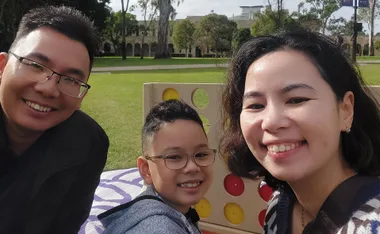


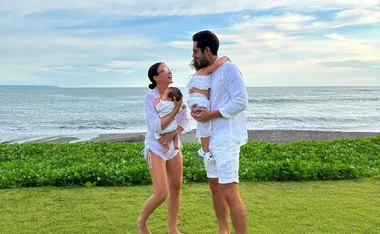
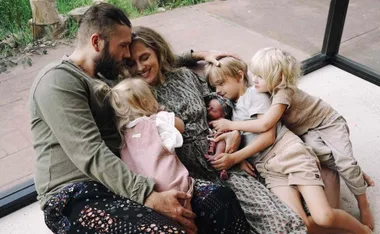
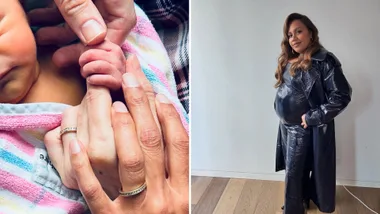

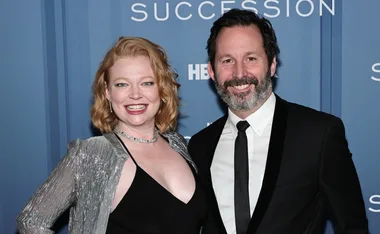

-(1).png?resize=380%2C285)
